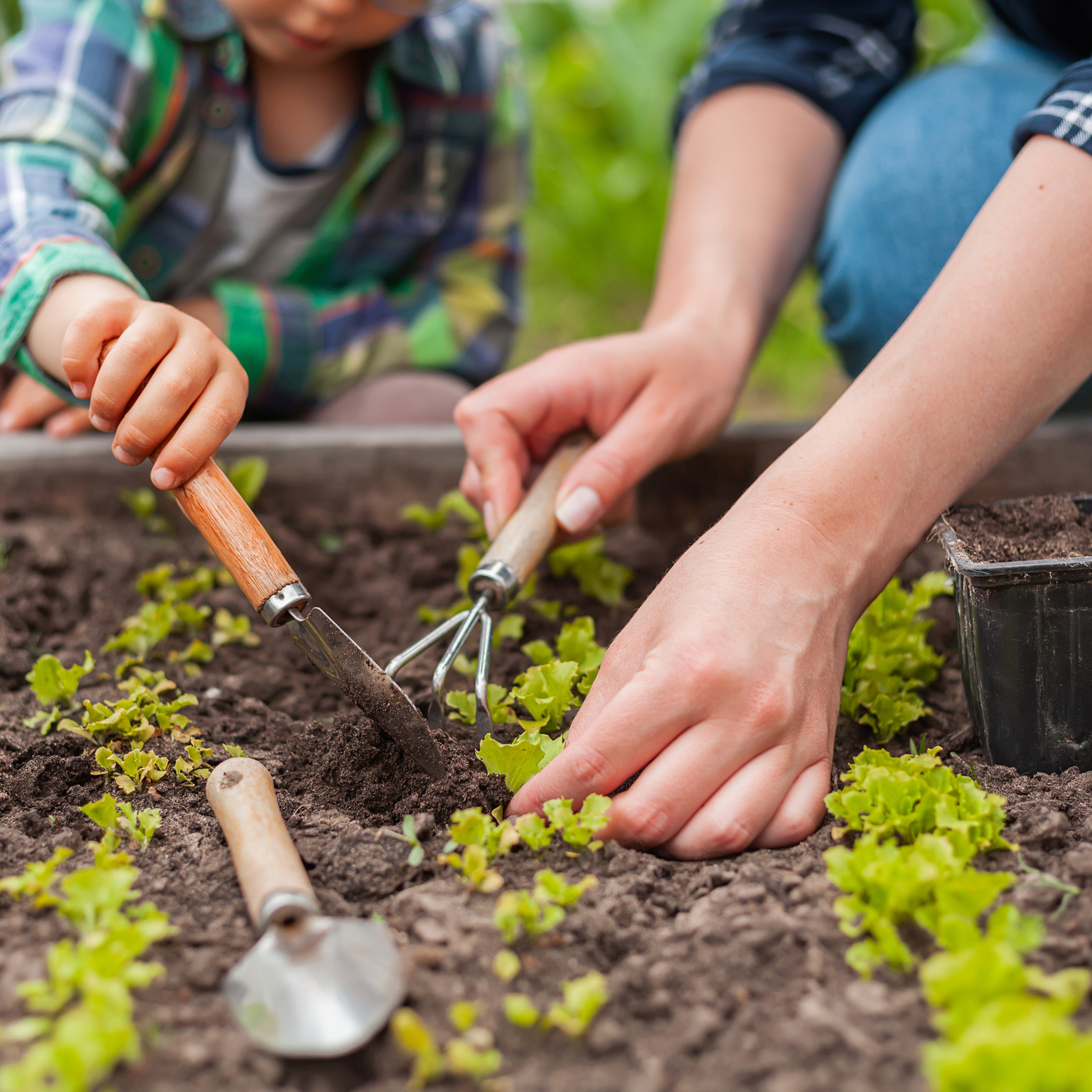
01/29/2024 | Food and Nutrition
4 Ways to Access Fresh Produce with FoodShare South Carolina
In South Carolina, one in 10 people live in food insecure households. FoodShare South Carolina is a statewide network working to improve that state…


Topic: Food and Nutrition
Whether your child is a toddler or a teenager, nutrition supports their mental and physical development. That’s why it’s so important that your child eats the foods that fuel them every day with the nutrients to encourage their growth and development.
American Academy of Pediatrics offers some basic guidance.
It’s crucial to consume the right portions for each food group. A plate should ideally consist of 50% fruits and vegetables, 25% whole grains and 25% lean proteins. Dairy or dairy alternatives should complement a meal. Each food group contributes essential nutrients, vitamins and minerals that our bodies need to thrive.
Parents can lead by example, promoting balanced meals and teaching children about the importance of diverse food groups from an early age.
Healthy snacking is an integral part of a well-balanced diet. Choose nutrient-rich snacks like fresh fruits, yogurts, nuts and whole-grain crackers. These can boost energy between meals to keep tummies full and help maintain blood sugar levels.
While snacking is essential to many, meals should form the foundation of your child’s daily nutrition. Ensure that meals are well-rounded, with a mix of food groups to meet their nutritional needs.
For children and adolescents, nutrition is especially vital for growth and development. Adequate protein, calcium and vitamins are crucial during these stages.
Proper nutrition provides the energy required for daily activities, including physical exercise and mental focus. Carbohydrates, healthy fats and protein are primary sources of energy.
Don't forget the importance of staying hydrated. According to a study conducted by Harvard’s School of Public Health, “Over half of all U.S. children and adolescents are not adequately hydrated.” Water is an essential nutrient, and children in particular, need plenty of it to stay healthy and active.
After reviewing these guidelines, you can feel confident in the basic nutritional needs of your growing child. It’s important to consult your child’s pediatrician with any questions or concerns about their nutrition.

01/29/2024 | Food and Nutrition
In South Carolina, one in 10 people live in food insecure households. FoodShare South Carolina is a statewide network working to improve that state…


01/29/2024 | Food and Nutrition
In today's fast-paced world, maintaining a healthy diet for your family can be a challenge, especially for busy parents. Still, with the right…


12/10/2023 | Food and Nutrition
Whether your child is a toddler or a teenager, nutrition supports their mental and physical development. That’s why it’s so important that your…
